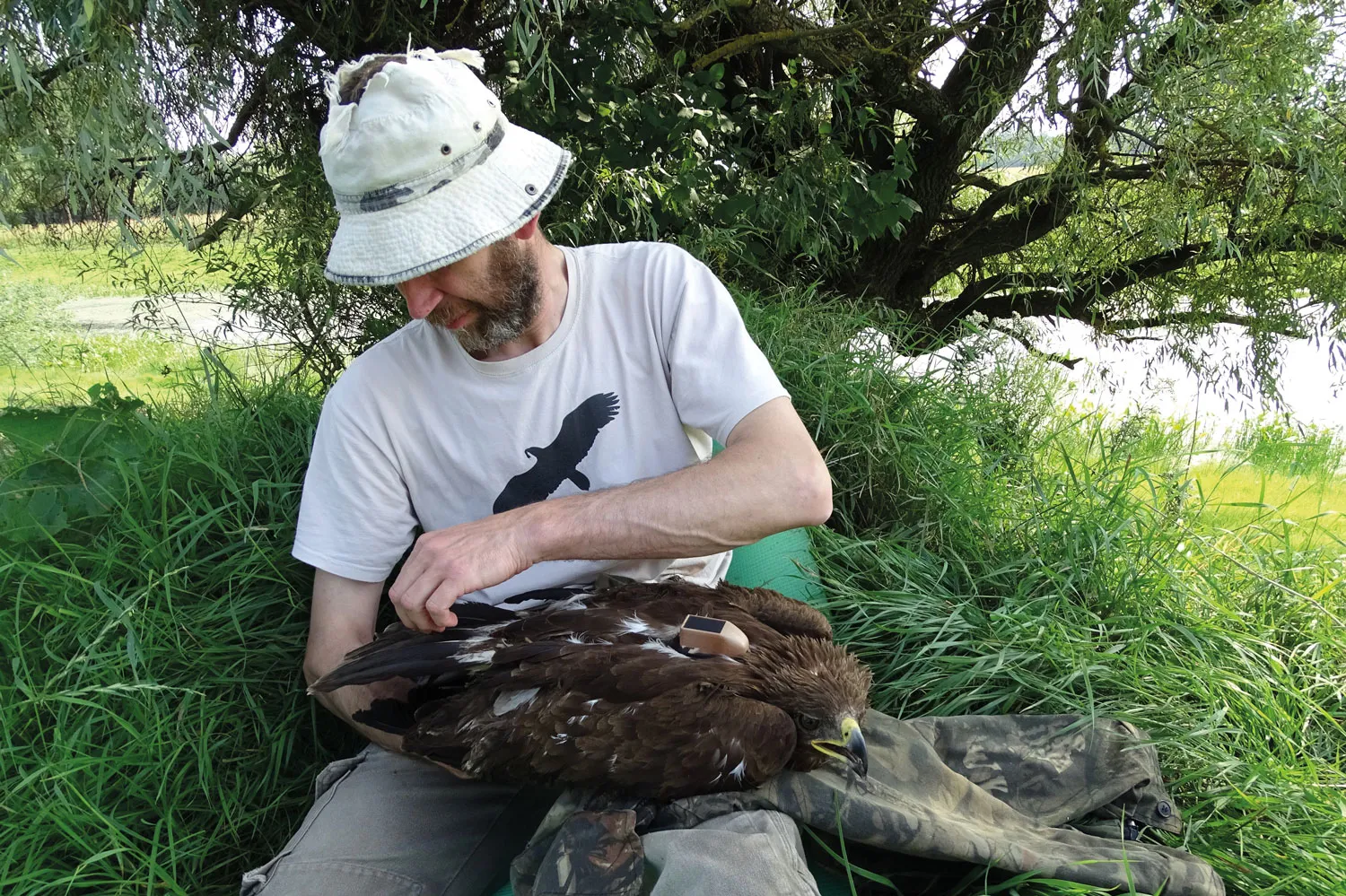Thanks to the Cambridge Conservation Initiative’s Endangered Landscapes and Seascapes Programme and the generosity of Arcadia — a charitable fund of Lisbet Rausing and Peter Baldwin — BTO has continued its partnership working to restore and protect ecologically important landscape within Polesia.
Polesia, which is located in Eastern Europe and contains some of Europe’s last pristine peatlands and lowland forests, has suffered from devastating large-scale fires. By using satellite data, the team was able to explore the prevalence of large fires — some of which extended over more than 100 km2 — and the factors causing them. A key question was whether work to restore some of the landscape’s damaged wetlands could reduce the risk of large and damaging fires, which have been increasing because of climate change.

Frequent spring and summer fires were found to have predominantly started in agricultural areas, where farmers burn the land to clear it after harvest or before planting. The fires then spread into neighbouring peatlands and floodplain meadows, which hold globally threatened species such as Greater Spotted Eagle and Aquatic Warbler. The largest fires, however, burned in the native deciduous forests, threatening protected old-growth oak and beech forests. Overall, more than a fifth of protected land burned during the period studied, highlighting the conservation impacts of the fires.
The results of the study indicate that restoration of Polesia’s wetlands would help to limit the spread and intensity of these large and damaging fires. One of the challenges has been the years of land drainage for agriculture and forestry, which has left this important landscape drier and more susceptible to fire. Restoring these landscapes would deliver significant benefits for people and for wildlife.